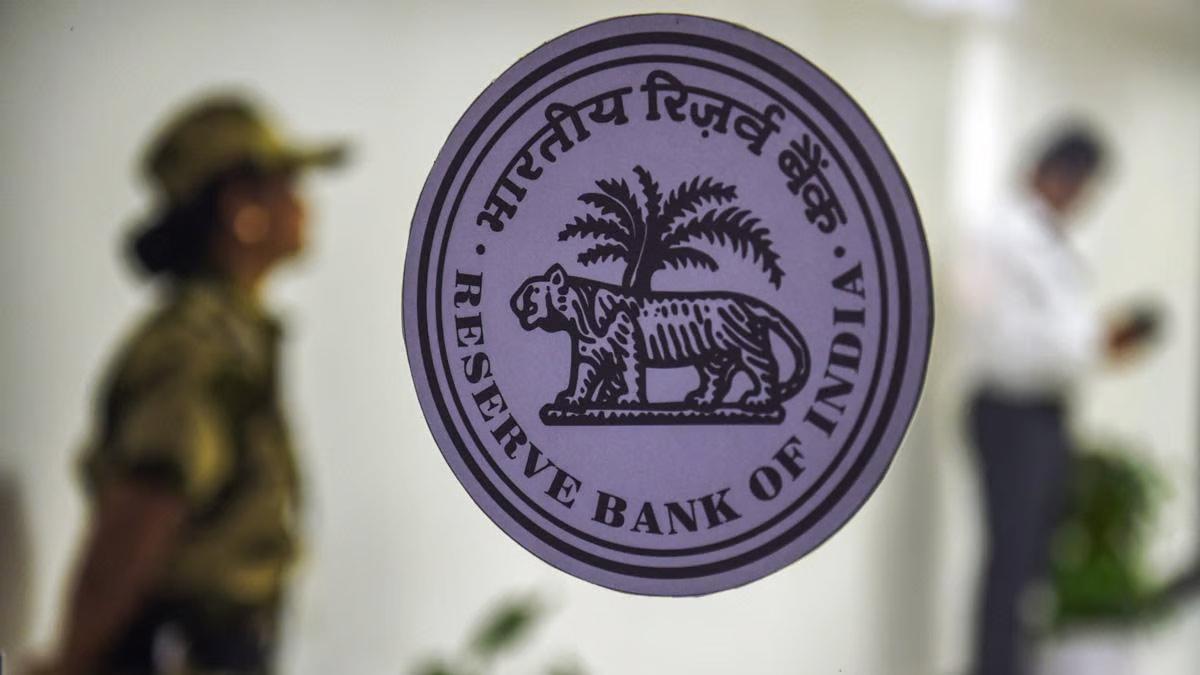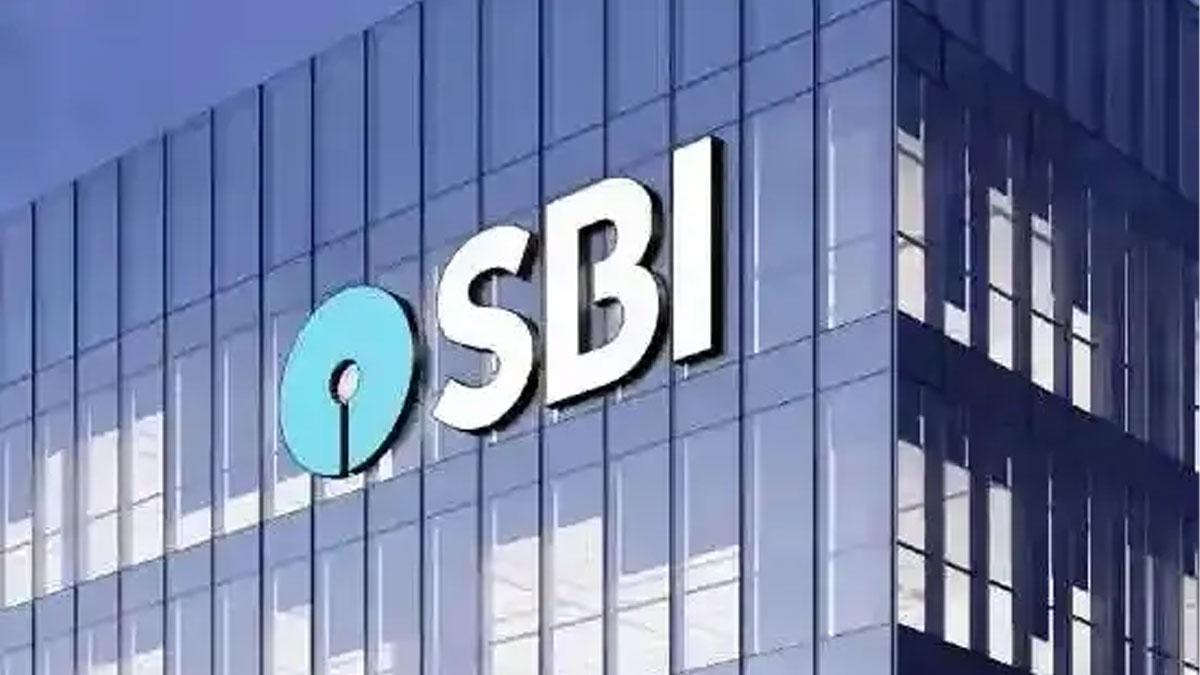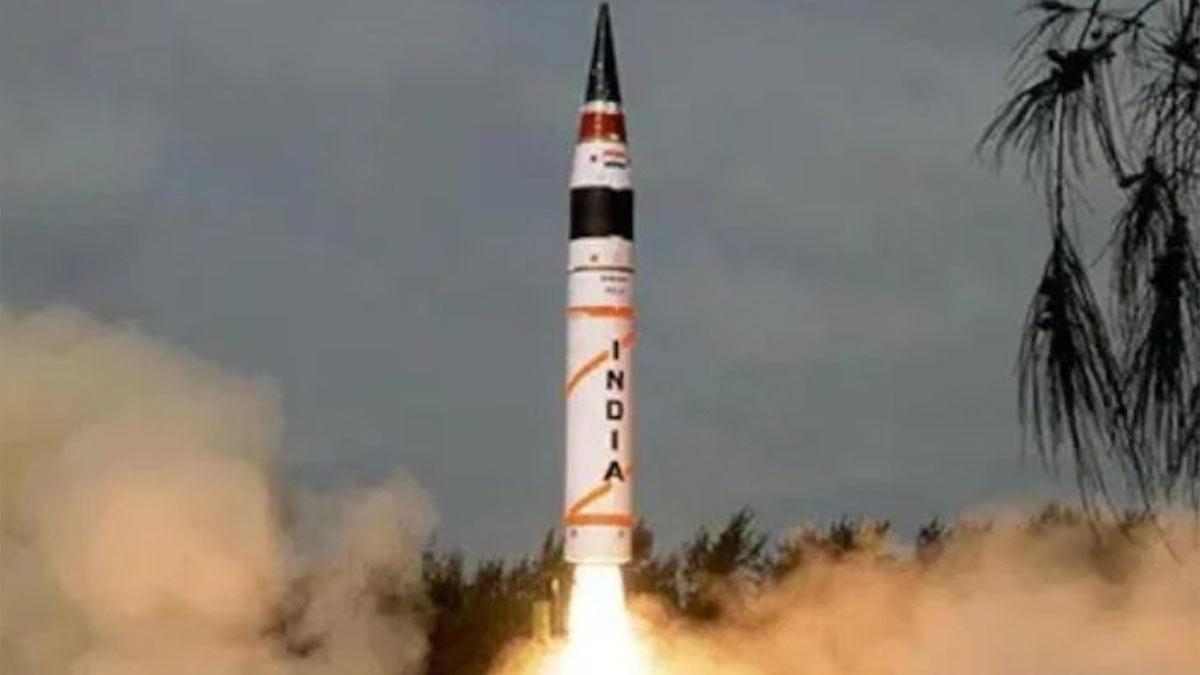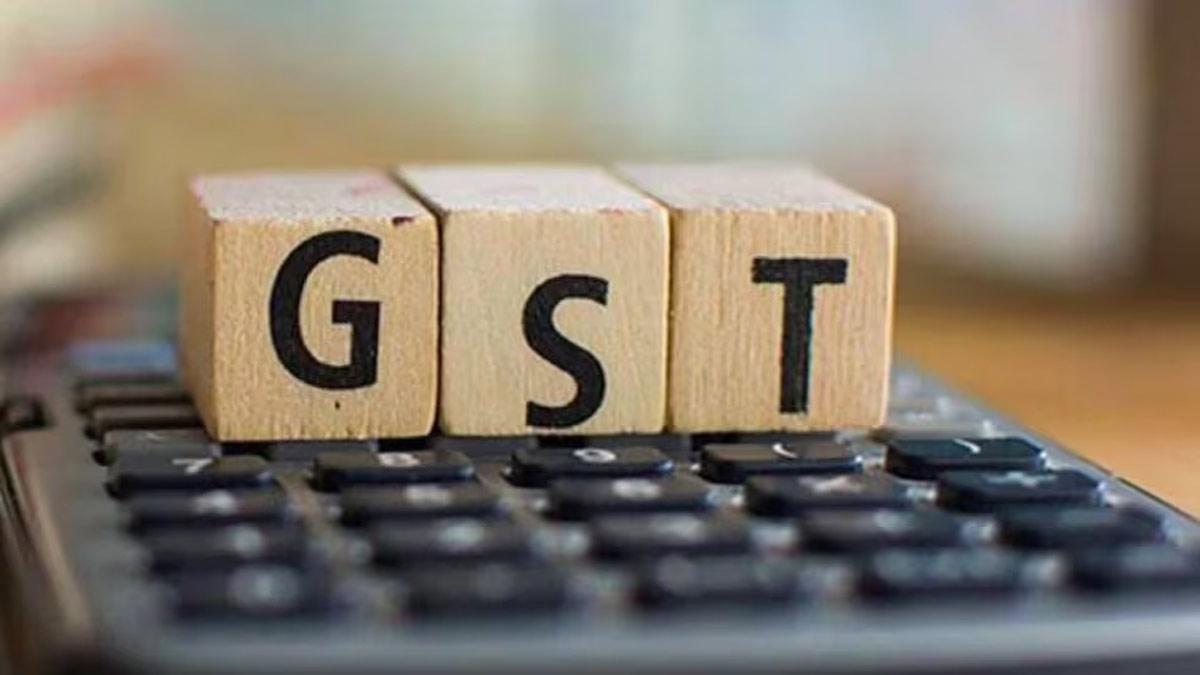The government has proposed abolishing the equalisation levy on online advertisements in the amendments to the Finance Bill, 2025. This is seen as a tactical step by India to relax some business-related taxes, especially in the wake of increasing pressure from the new US administration over trade tariffs.
Of the 35 amendments to the Finance Bill, 2025, the Centre proposes to end the 6 per cent equalisation levy (EL) on digital advertisements from April 1, 2025. The levy, which came into force in 2016, is charged on payments in excess of ₹1 lakh annually made to overseas services providers for online advertisements.
These amendments were moved by Minister of State for Finance, Pankaj Chaudhary, in the Lok Sabha.
India had eliminated the 2 per cent tax on digital services provided by overseas tech giants like Google, Meta, and Amazon to Indian firms last year, following tensions between New Delhi and Washington. The 6 per cent tax on online advertisements had, however, continued until this point.
"The government had already abolished the 2 per cent EL on e-commerce last year.". While the 2 per cent tax attracted stronger US criticism, the government is taking a softer line to help it avoid a tariff backlash. Eliminating the 6 per cent EL on digital advertising fits into this tactic. But it is not clear if this move, along with the continuing diplomatic efforts, will make the US relent," added Amit Maheshwari, tax partner at AKM Global.
The US had earlier in June 2020 initiated a year-long investigation into digital service taxes, citing that they were discriminatory against American technology giants such as Apple, Amazon, Google, and Facebook. Washington argued that the taxes, which have been imposed by nations such as Austria, India, Italy, Spain, Turkey, and the UK, were discriminatory against US companies, ran counter to global tax norms, and imposed excessive financial burdens on American companies.
Vishwas Panjiar, a partner at Nangia Andersen LLP, said, "The equalisation levy was always a temporary and incomplete measure to tax digital transactions until there was a more general global agreement. Other than the equalisation levy, India had also made the concept of Significant Economic Presence (SEP) under domestic law to tackle the taxation of foreign firms with major digital presence in India.". The move by the government to totally remove the equalisation levy is welcome since it brings certainty to taxpayers and addresses concerns raised by foreign partners such as the US over its unilaterality."
Apart from these changes in taxes, amendments have also been made to sections 113, 132, and 158, which regulate the computation of undisclosed income found from search and seizure activities. The phrase 'Total Income' is being replaced with 'Total Undisclosed Income.'
"With the introduction of the block assessment regime for search and seizure cases in the Finance Act, 2024, the application of 'Total Income' was of concern to stakeholders. Stakeholders were apprehensive that even income disclosed could face harsh penalties. With the use of the term 'Total Undisclosed Income,' the government intends to make it clear that such proceedings will be against concealed or undeclared earnings only, so that taxpayers are provided with higher certainty," Maheshwari clarified.
Additionally, an amendment of Section 143(1) adds a new subclause (iia) which empowers tax authorities to match a taxpayer's income tax return with that of the prior year to spot inconsistencies in the information filed.
Read also| India's Electronics Exports on Track to Exceed ₹3 Lakh Crore This Fiscal
Read also| PLI Scheme for Specialty Steel Secures ₹17,000 Crore in Investment Commitments


















